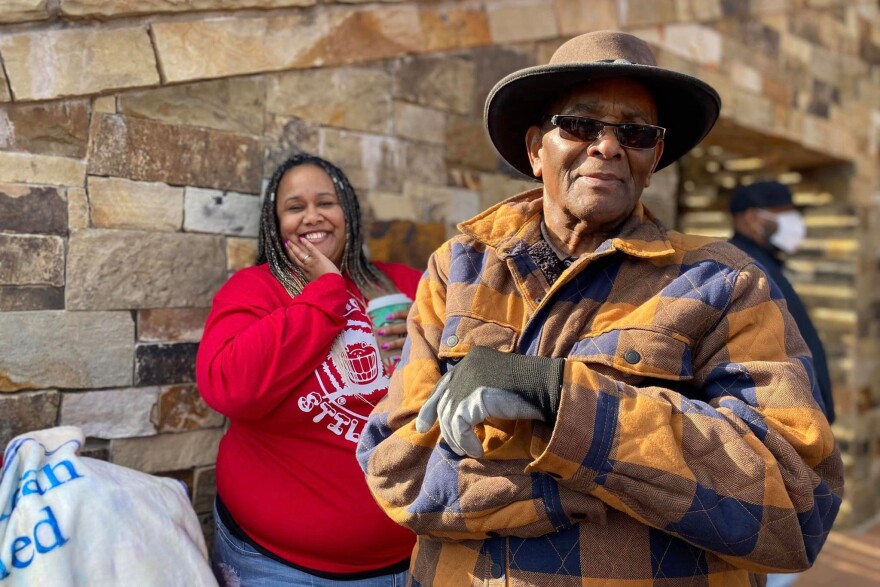The Muscogee Nation Supreme Court issued a historic ruling last month: descendants of people who were enslaved by Muscogee citizens should be granted tribal citizenship. They rejected the tribe's "by-blood" language for citizenship requirements, which is noted in the tribal nation's 1979 constitution. The court's decision is backed by the Treaty of 1866, which ensured those who were enslaved by Muscogees should "enjoy all the rights and privileges of Native citizens."
The Citizenship Board of the Muscogee Nation, under Principal Chief David Hill's administration, contested that ruling on Aug. 4. The board wrote in the petition for the rehearing that the opinion creates a constitutional crisis because it "cancels the supreme act of the People's sovereignty."
Despite the citizenship board's effort to overturn the decision, the Muscogee Nation Supreme Court stands by its July opinion.
On Wednesday, the Court denied the board's motion to rehear arguments about the case, which involves Muscogee Freedmen descendants Rhonda Grayson and Jeffrey Kennedy, who were denied Muscogee citizenship in 2019.
Five justices signed onto the order denying the appellant's petition for rehearing, and two recused themselves.
"At the heart of this controversy lies the question: what should be done when a constitutional provision conflicts with a valid treaty?" the Muscogee Nation Supreme Court wrote in the order. "The Court has resolved this question; finding that the United States Congress has plenary power over Indian tribes, including the Muscogee (Creek) Nation, and that, absent abrogation, the terms of a valid Treaty must be followed, even by the Muscogee (Creek) Nation Constitution."
In response, the Muscogee Nation released a statement acknowledging they are reviewing the court's decision, which they say "does not appear to provide the clarity our Nation needed."
"We will move forward thoughtfully, exploring all options to ensure we remain within the law and in accordance with our constitution," the statement said.
This report was produced by the Oklahoma Public Media Exchange, a collaboration of public media organizations. Help support collaborative journalism by donating at the link at the top of this webpage.









